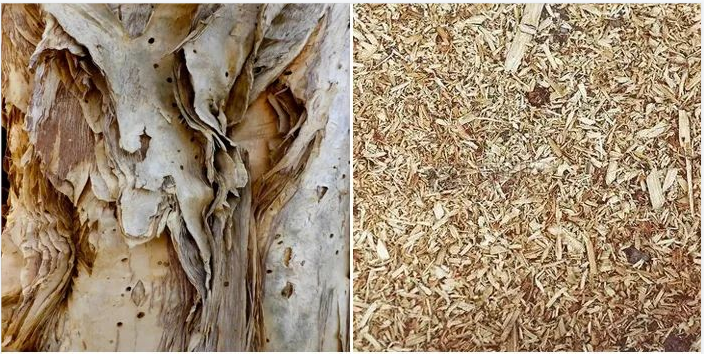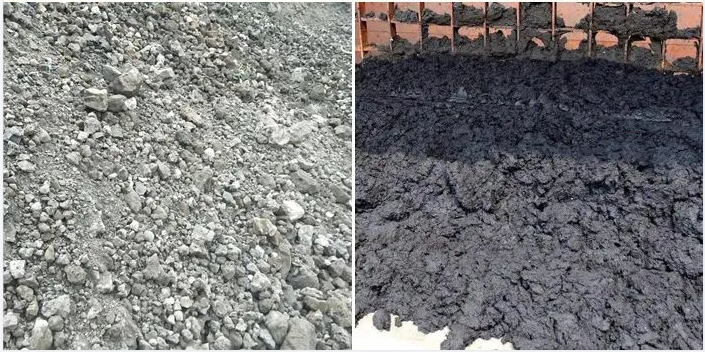The solid waste (slag) generated during the pulp and paper production process is large in quantity and highly concentrated. Some paper mills transport solid waste to landfill sites, which can easily cause secondary pollution because the landfill sites are not well designed and managed. Sometimes too much mortar accumulates near the drainage outlet and flushes out the dam, and a large amount of mortar water will be discharged into the water source, causing water pollution.
Papermaking waste: bark, wood chips, cane pith, fiber, white mud, green mud, ash, sludge


Waste treatment usually consists of converting waste into energy, which is then fed into a dedicated waste-to-energy plant. Another classifies waste and then converts it into a form of fuel suitable for use in conventional power plants and for industrial purposes.
---- Paul Breeze, Energy from Waste, 2018
China, as a large manufacturing country, generates a large amount of waste, and Qunfeng Heavy Industry has made great developments and breakthroughs in the direction of making alternative fuels under the advocacy of multiple policies.
SRF is the abbreviation of Solid Recover Fuel (SRF), which is a fuel generated by drying, filtering and crushing solid waste, generally from food and kitchen waste, paper, garden waste, plastic bottles, toys, fabrics and composite waste. It is widely used in cement plants and power plants to replace traditional fossil fuels, such as coal, because of its clean, homogeneous, high quality and high calorific value characteristics.
The use of SRF instead of coal or petroleum coke can help reduce carbon emissions and conserve natural resources. This type of fuel can help cement producers achieve sustainability goals by replacing more than half of the fossil fuels. SRF is a sustainable fuel that minimizes the need for coal.
There are many kinds of solid wastes in paper mills. Qunfeng Heavy Industry has developed an SRF fuel preparation system for domestic waste materials, which can effectively convert domestic waste into high-quality alternative fuel, and the whole system is modularized, with high processing efficiency and low operation cost.
The domestic waste is coarsely crushed by primary crushing, and then finely processed by drum screen, magnetic separation and wind separation to screen out recyclable metals, light materials and heavy materials. Among them, light materials (combustible materials such as paper and plastic) enter secondary crushing for fine crushing to obtain high-quality alternative fuels (SRF).
The right solution is the main need to combat pollution in paper mills. As a well-known solid waste treatment solution provider in China, Qunfeng Heavy Industry is committed to improving the utilization of solid waste resources and achieving efficient and sustainable development for our customers. We are also committed to enhancing stability and reducing and avoiding risks. At present, Qunfeng Heavy Industry's self-developed domestic waste SRF fuel preparation system is widely used in paper mills, power plants, cement plants, incineration plants, etc.